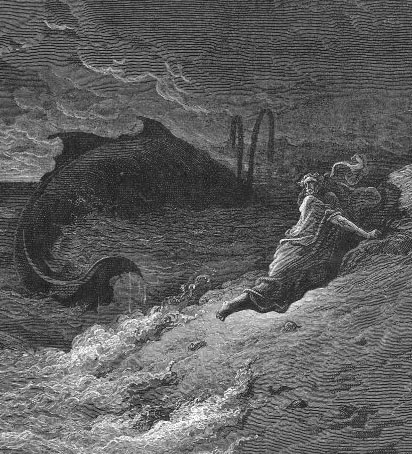Mom, Dad, thanks for having me.
I'm 26 years old today, and I've spent the last three years trying to figure out what it really means to be a man.
[Que Damien Rice or Bob Dylan song.]
Truly, many a good song have been written (by others) in search of the same answer. Something has clicked recently, though, and I'm simply less concerned about it all. Don't get me wrong, young men and women in their twenties should be ambitious, hard-working, and responsible--but that doesn't require the exclusion of fun.
So for my birthday, I asked my wife to get me a pair of shoes from the skateboarding world. (It is a different world, by the way, very fun and outrageously creative.) That's where I resided from around the ages of 13-21; I still take short vacations there from time to time.
I'm feeling younger already.
This morning, I remembered reading C.S. Lewis' words about what it means to be "adult." I hope they encourage you to be comfortable in your own skin and to do your best, however young or old you are:
Critics who treat 'adult' as a term of approval, instead of as a merely descriptive term, cannot be adult themselves. To be concerned about being grown up, to admire the grown up because it is grown up, to blush at the suspicion of being childish; these things are the marks of childhood and adolescence. And in childhood and adolescence they are, in moderation, healthy symptoms. Young things ought to want to grow. But to carry on into middle life or even into early manhood this concern about being adult is a mark of really arrested development. When I was ten, I read fairy tales in secret and would have been ashamed if I had been found doing so. Now that I am fifty I read them openly. When I became a man I put away childish things, including the fear of childishness and the desire to be very grown up.


